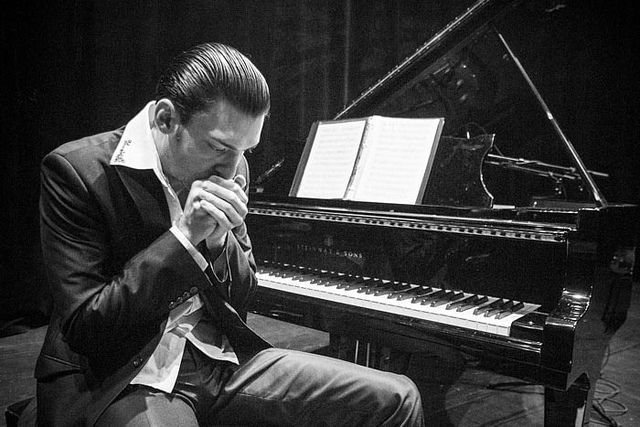Music has always held a special place in the human experience. Beyond its role as entertainment, it has the power to evoke emotions, stimulate memories, and even promote healing. In recent years, the field of music therapy has gained recognition for its ability to harness the therapeutic potential of music to address a wide range of physical, emotional, and cognitive needs. In this article, we explore the fascinating world of music therapy, examining how harmonies and rhythms can serve as powerful tools for healing and self-expression.
Understanding Music Therapy
Music therapy is a clinical intervention that utilizes music to address individualized goals within a therapeutic relationship. It is practiced by trained and certified music therapists who use a variety of techniques, including listening, singing, playing instruments, and songwriting, to engage clients in the therapeutic process.
The underlying principle of music therapy is the belief in the inherent healing properties of music. Whether through the soothing melodies of a lullaby or the energizing rhythms of a drum circle, music has the ability to affect us on a physiological, emotional, and psychological level. By carefully selecting and structuring musical experiences, music therapists can help clients achieve specific therapeutic outcomes, such as reducing anxiety, improving communication skills, or enhancing motor coordination.

The Therapeutic Benefits of Music
The therapeutic benefits of music are vast and varied, encompassing both physical and psychological aspects of well-being. In clinical settings, music therapy has been shown to be effective in treating conditions such as depression, anxiety, PTSD, and chronic pain. Additionally, it has been used to support individuals with developmental disabilities, autism spectrum disorder, and dementia.
One of the key strengths of music therapy is its ability to bypass the limitations of verbal communication. For individuals who struggle to express themselves verbally, music can provide a means of self-expression and emotional release. Through improvisation, for example, clients can explore and express their feelings in a safe and supportive environment, allowing them to gain insight into their emotions and experiences.
Applications of Music Therapy
Music therapy is a versatile intervention that can be adapted to meet the needs of diverse populations across the lifespan. In hospitals, music therapists work with patients undergoing medical treatment to alleviate pain, reduce stress, and promote relaxation. In schools, they use music to support academic learning, improve social skills, and foster creativity. In nursing homes and hospice settings, they provide comfort and solace to individuals facing end-of-life care.
Moreover, music therapy is increasingly being integrated into interdisciplinary treatment approaches, collaborating with healthcare professionals such as psychologists, speech therapists, and occupational therapists to address complex health issues. By working together as part of a holistic treatment team, music therapists can provide comprehensive care that addresses the physical, emotional, and social needs of their clients.
The Future of Music Therapy
As our understanding of the therapeutic potential of music continues to evolve, so too does the field of music therapy. Advances in neuroscience, psychology, and technology are expanding our knowledge of how music affects the brain and body, paving the way for new approaches and techniques in clinical practice.

In addition, there is growing recognition of the need for greater access to music therapy services. As awareness of its benefits increases, efforts are being made to expand music therapy programs in healthcare facilities, schools, and community settings. Organizations like Roothog Music are playing a vital role in advocating for the importance of music therapy and providing resources for aspiring music therapists and healthcare professionals.
The Healing Power of Music
In conclusion, music therapy offers a unique and effective approach to promoting health and well-being. By harnessing the therapeutic potential of music, music therapists are able to empower clients to achieve their goals, improve their quality of life, and discover new avenues for self-expression and personal growth. As we continue to unlock the mysteries of the human mind and body, music therapy will undoubtedly remain a cornerstone of holistic healthcare, offering hope and healing through harmonies and rhythms.
To learn more about music therapy and its applications, visit Roothog Music https://roothogmusic.com/, a leading source of information and resources for music therapists, healthcare professionals, and anyone interested in the transformative power of music.



